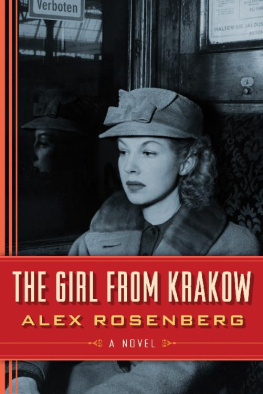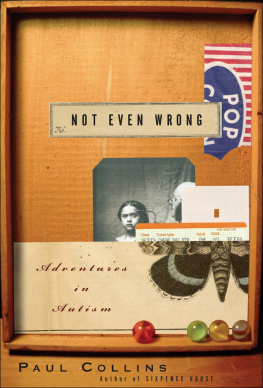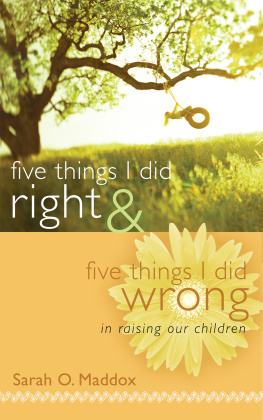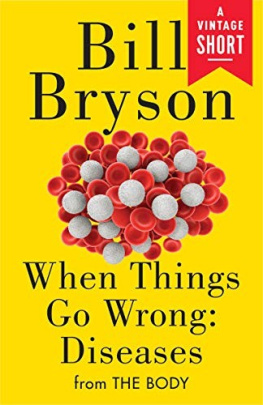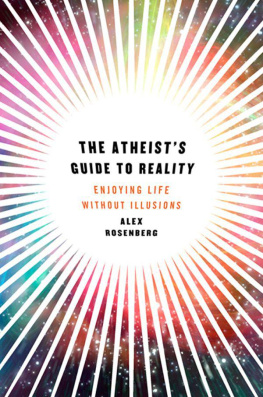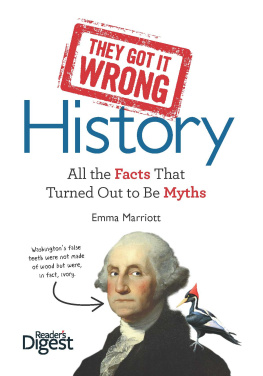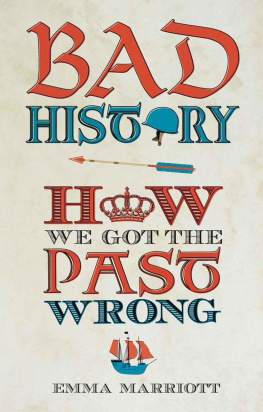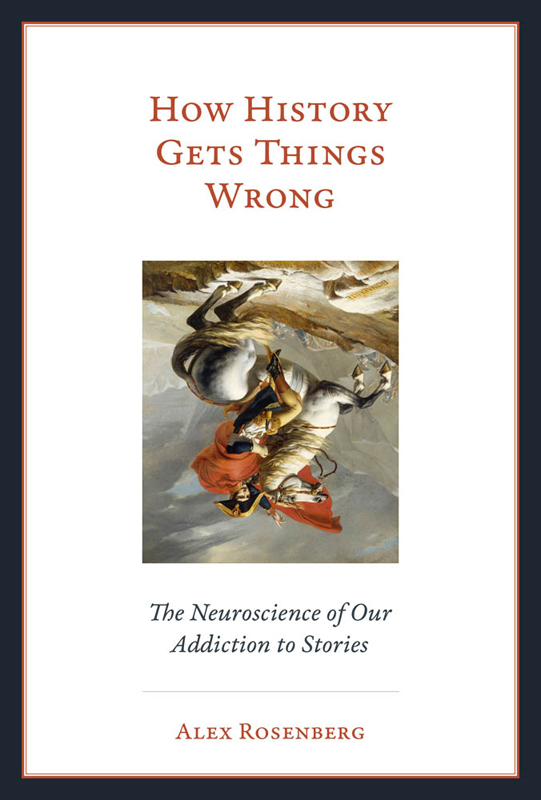Alex Rosenberg - How History Gets Things Wrong: The Neuroscience of Our Addiction to Stories
Here you can read online Alex Rosenberg - How History Gets Things Wrong: The Neuroscience of Our Addiction to Stories full text of the book (entire story) in english for free. Download pdf and epub, get meaning, cover and reviews about this ebook. year: 2018, publisher: The MIT Press, genre: History. Description of the work, (preface) as well as reviews are available. Best literature library LitArk.com created for fans of good reading and offers a wide selection of genres:
Romance novel
Science fiction
Adventure
Detective
Science
History
Home and family
Prose
Art
Politics
Computer
Non-fiction
Religion
Business
Children
Humor
Choose a favorite category and find really read worthwhile books. Enjoy immersion in the world of imagination, feel the emotions of the characters or learn something new for yourself, make an fascinating discovery.

- Book:How History Gets Things Wrong: The Neuroscience of Our Addiction to Stories
- Author:
- Publisher:The MIT Press
- Genre:
- Year:2018
- Rating:4 / 5
- Favourites:Add to favourites
- Your mark:
How History Gets Things Wrong: The Neuroscience of Our Addiction to Stories: summary, description and annotation
We offer to read an annotation, description, summary or preface (depends on what the author of the book "How History Gets Things Wrong: The Neuroscience of Our Addiction to Stories" wrote himself). If you haven't found the necessary information about the book — write in the comments, we will try to find it.
To understand something, you need to know its history. Right? Wrong, says Alex Rosenberg inHow History Gets Things Wrong. Feeling especially well-informed after reading a book of popular history on the best-seller list? Dont. Narrative history is always, always wrong. It not just incomplete or inaccurate but deeply wrong, as wrong as Ptolemaic astronomy. We no longer believe that the earth is the center of the universe. Why do we still believe in historical narrative? Our attachment to history as a vehicle for understanding has a long Darwinian pedigree and a genetic basis. Our love of stories is hard-wired. Neuroscience reveals that human evolution shaped a tool useful for survival into a defective theory of human nature.
Stories historians tell, Rosenberg continues, are not only wrong but harmful. Israel and Palestine, for example, have dueling narratives of dispossession that prevent one side from compromising with the other. Henry Kissinger applied lessons drawn from the Congress of Vienna to American foreign policy with disastrous results. Human evolution improved primate mind reading--the ability to anticipate the behavior of others, whether predators, prey, or cooperators--to get us to the top of the African food chain. Now, however, this hard-wired capacity makes us think we can understand history--what the Kaiser was thinking in 1914, why Hitler declared war on the United States--by uncovering the narratives of what happened and why. In fact, Rosenberg argues, we will only understand history if we dont make it into a story.
Alex Rosenberg: author's other books
Who wrote How History Gets Things Wrong: The Neuroscience of Our Addiction to Stories? Find out the surname, the name of the author of the book and a list of all author's works by series.


